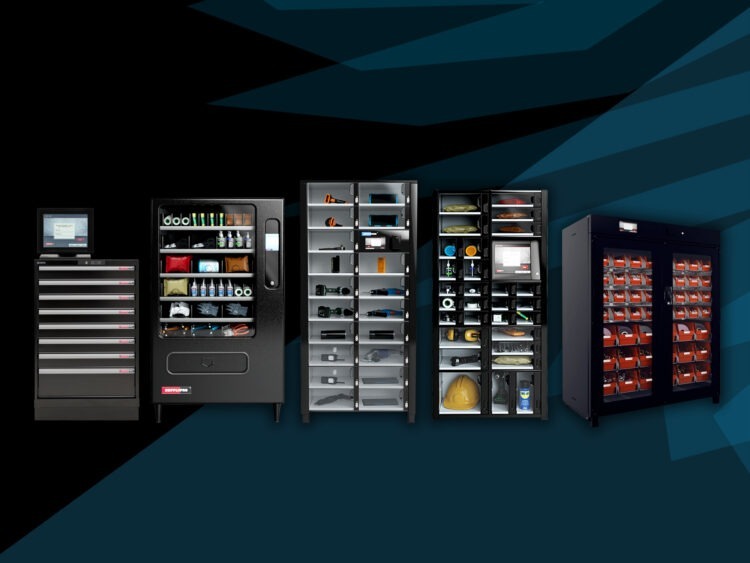The Evolution of Industrial Vending Machines: From Simple Dispensers to Smart Solutions
Industrial vending machines have emerged as pivotal tools in modern workplaces in a constantly evolving world. They’re no longer just simple dispensers but smart solutions that streamline operations and enhance productivity.
by a.huynh | In: Vending |
Understanding their evolution is crucial for businesses aiming to stay competitive, as these machines offer a glimpse into the future of workplace efficiency and resource management.
The Early Days Origins of Industrial Vending Machines
The concept of vending machines dates back to ancient times, but it wasn’t until the 19th century that they began to take on the form we recognise today. The first industrial vending machines were introduced to dispense simple items like tools and safety equipment. These early models, while ground-breaking, were mechanically driven and had significant limitations. They required manual refilling and lacked the technology to track inventory or usage patterns.
Despite their constraints, these machines played a crucial role in the burgeoning industrial sector, offering a novel way to manage resources. However, their inability to provide real-time data and their mechanical complexity often led to inefficiencies. This created a demand for more sophisticated solutions that could better serve the needs of growing industries.
The Shift Towards Smart Solutions
The introduction of technology into vending machines marked a significant turning point. With the advent of digital interfaces and internet connectivity, these machines began to evolve into intelligent systems. Smart vending machines with sensors and software now offer numerous advantages in industrial settings. They can track inventory levels, monitor usage patterns, and even forecast replenishment needs, reducing stockouts and overstocking risk.
Integrating with existing enterprise systems further enhances their appeal, allowing seamless data exchange and improved decision-making. These advancements have transformed industrial vending machines from mere dispensers into integral components of supply chain management. They help businesses optimise their operations and reduce costs by providing real-time insights and automation.
The Future of Industrial Vending Machines
The future of industrial vending machines looks promising, with several predicted trends and innovations on the horizon. One such trend is the integration of artificial intelligence and machine learning algorithms, enabling machines to learn from user behaviour and adapt to changing demands. This could lead to more personalised and efficient service delivery, further enhancing productivity in the workplace.
Another potential development is the use of the Internet of Things (IoT) technology, which allows machines to communicate with each other and across platforms. This interconnectedness could revolutionise inventory management, making it more agile and responsive. However, these advancements also present challenges, such as cybersecurity risks and the need for robust infrastructure. Businesses must weigh these factors carefully to maximise the benefits of smart vending solutions.
Benefits and Considerations for Businesses
Adopting smart vending solutions offers numerous advantages for businesses. They improve inventory management by providing real-time visibility into stock levels and consumption patterns. This reduces waste and ensures that critical items are always available when needed. Additionally, these machines can enhance workplace safety by ensuring compliance with equipment maintenance schedules and tracking the use of safety gear.
However, integrating vending machines into the workplace requires careful consideration. Businesses must assess their needs and select machines that align with their operational goals. Location, user accessibility, and maintenance requirements should be considered. Implementing best practices, such as regular data analysis and system updates, can further optimise vending machine performance and ensure a high return on investment.
Contact Us
At Tooling Intelligence, we offer a comprehensive range of point-of-use vending solutions for various industrial applications. Call us on 01926 484 511 or you can send us an email here.





